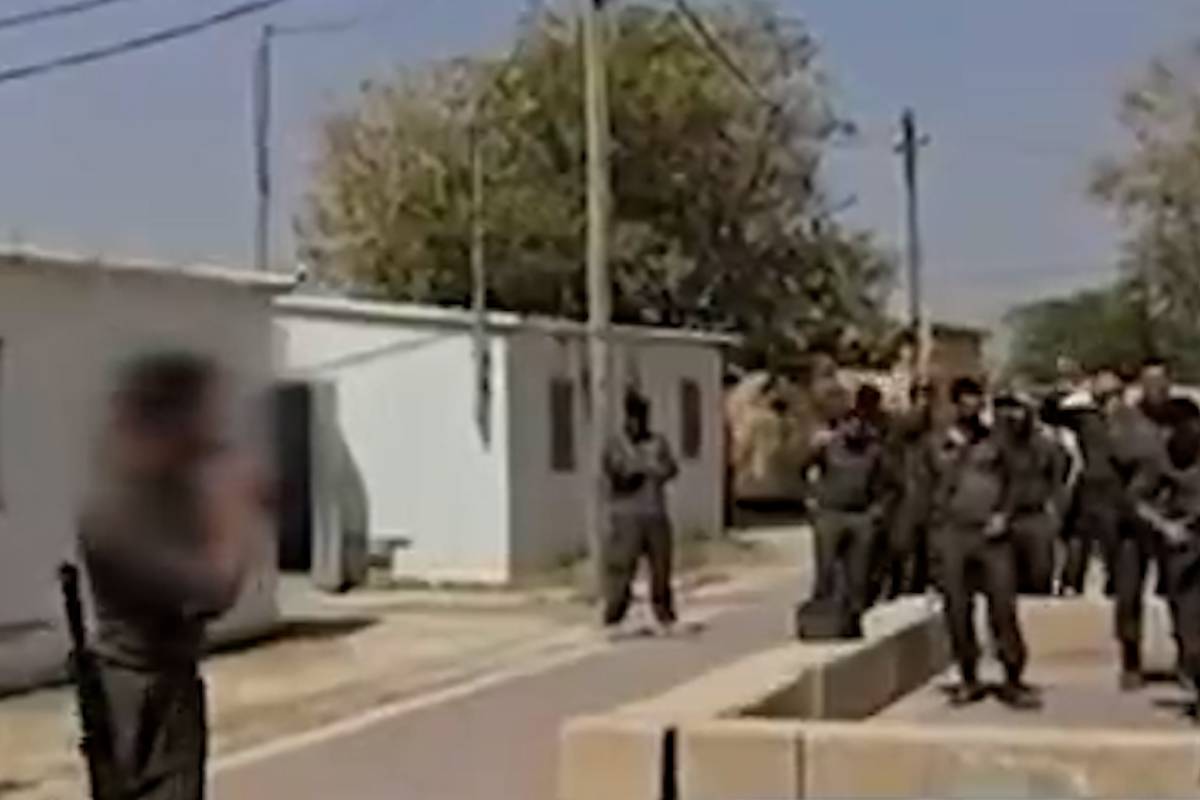In a recent statement, an Israeli commander asserted that the military has encountered an increasingly sophisticated enemy, highlighting the evolving nature of regional conflicts. This claim comes in the wake of the tragic deaths of fifteen medics, a situation that has raised significant concerns regarding the safety of medical personnel in conflict zones. The commander emphasized that every encounter is treated as potentially hostile, reflecting a shift in military strategy amidst escalating tensions.
The deaths of the medics, who were reportedly providing essential care in a volatile environment, have galvanized discussions about the risks faced by humanitarian workers. The commander’s remarks suggest that the Israeli Defense Forces (IDF) are now operating under the premise that any engagement could pose a threat, even from those who traditionally are seen as non-combatants. This perspective underscores a stark reality in modern warfare, where the lines between combatants and civilians are increasingly blurred.
The tragic deaths of medics highlight the growing dangers faced by humanitarian workers in increasingly hostile environments.
Moreover, the commander pointed out that this heightened vigilance is not merely a reaction to isolated incidents but rather a response to a broader trend in which adversaries are employing more sophisticated tactics. “We are facing an enemy that adapts quickly, utilizing civilian cover and employing technology in ways we have not seen before,” he remarked. This adaptation complicates the IDF’s operational protocols, as they must balance the imperative to protect their own forces while also adhering to international laws regarding the treatment of civilians and medical personnel.
The implications of this approach are significant. If every encounter is treated as potentially hostile, it could lead to an uptick in military engagements that might otherwise be avoided, raising the stakes for all parties involved. Critics have voiced concerns that such a mindset may result in increased casualties among non-combatants, as the military may become less willing to differentiate between fighters and civilians.
As the Israeli military navigates these challenging dynamics, it faces the formidable task of maintaining security while also upholding humanitarian principles. The commander’s statement highlights not only the complexity of the current conflicts but also the need for a reassessment of strategies to protect the rights and safety of those working in high-risk environments.
In light of these developments, the international community watches closely, aware that the ramifications of these encounters extend far beyond the battlefield.














